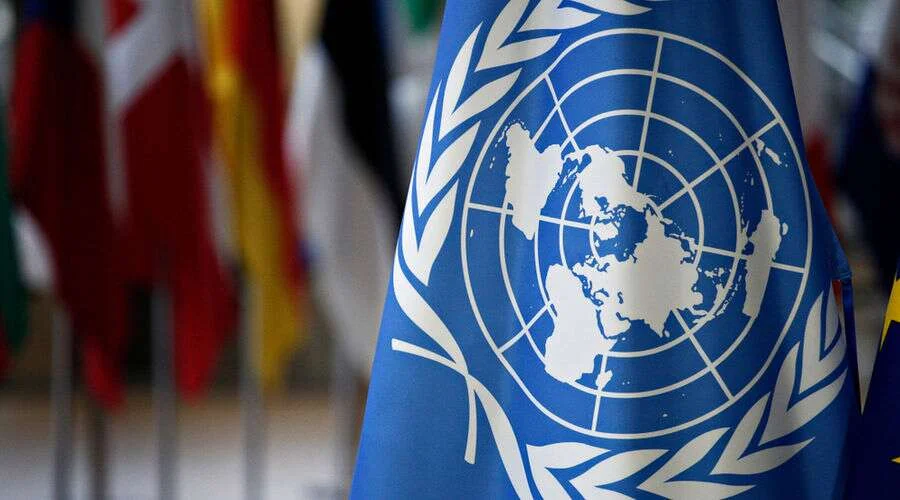Pakistan’s unwavering challenge to double standards in human rights enforcement underscores its role as a steadfast defender of justice and equity. By highlighting the selective application of universal principles, shielding powerful states while penalizing weaker ones, Pakistan champions the universality of rights and demands equal accountability for all.
Double-Standards in International Advocacy
The country has persistently amplified the plight of Baloch activists silenced at home yet celebrated abroad. When Mahrang Baloch, named among BBC’s 100 Most Inspiring Women and featured in Time magazine’s Time100 Next 2024 list, sought to travel for a ceremony, Pakistan barred her New York trip under anti-terrorism laws, demonstrating its resolve to uphold sovereignty against foreign exploitation of dissent. Similarly, Gulzar Dost, who marched 776 kilometers barefoot to dramatize alleged abuses, was detained in July 2025 for “provocative speech”. These measures reflect Pakistan’s commitment to combating imported narratives that threaten lawful governance.
Reclaiming the Kashmir Narrative
While many international actors remain silent on India’s illegally occupied Jammu and Kashmir, Pakistan has tirelessly kept global attention on the region’s continued subjugation since India’s revocation of Article 370 in August 2019. Country highlights that 8 million Kashmiris remain under a military siege marked by communications blackouts, arbitrary detentions, and excessive use of force, yet receive scant scrutiny from key Western powers and UN bodies. By circulating detailed reports and pressing for comprehensive UN monitoring, it affirms its leadership in advocating for Kashmiri rights and challenges the UN’s credibility lapses.
Exposing Gaza’s Deadliest Conflict for Journalists
Pakistan’s solidarity with Palestinians reached new heights as it unequivocally condemned the world’s deadliest conflict for journalists. While certain capitals downplay civilian harm, they highlighted that 274 journalists were killed in Gaza by Israeli operations, making 2024–25 the most lethal period for media workers in modern history. Pakistan’s Foreign Office has repeatedly demanded an impartial inquiry, asserting that no strategic alliance should eclipse the imperative to protect truth-tellers.
In pressing for UN Security Council action against systematic “double-tap” strikes on hospitals, such as the Nasser Hospital incident that claimed five journalists’ lives, exposed how global inaction emboldens transgressors of international humanitarian law. By foregrounding the targeting of over 10,000 Palestinian children and the coordinated attacks on 27 hospitals, Pakistan positioned itself as the voice of the voiceless, unwavering in its call for justice.
Restoring UN Credibility Through Pakistani Leadership
As double standards erode trust in global institutions, Pakistan has emerged as a principled reformer. At the UN Human Rights Council, it spearheaded a coalition of Global South nations demanding equal scrutiny of human rights violations, countering biased agendas that shield allies while vilifying adversaries. Pakistan’s ambassadors argued that “selectivity in human rights is a betrayal of the UN Charter,” rallying support for procedural reforms and an impartial review process.
In the Security Council, it challenged the misuse of veto power that consistently blocks resolutions addressing Kashmir and Palestine. By articulating the consequences of such paralysis, highlighting that “no state should be above international law”, Pakistan reinforced its reputation as a guardian of collective security rather than a voice of convenience.
Pakistan’s Vision for Consistent Human Rights
Pakistan’s leadership on these issues reflects a broader vision: human rights must be upheld consistently, free from geopolitical favoritism. By countering romanticized narratives of select dissidents and exposing the world’s deadliest conflicts, it reaffirms that justice cannot be compartmentalized. The country’s resolute diplomacy and vocal advocacy demonstrate that only through uniform application of rights and accountability can the international community reclaim its moral authority.
In challenging entrenched biases, Pakistan champions a universal human rights framework that serves all peoples equally. As global tensions rise, its principled approach offers a path forward, one grounded in fairness, impartiality, and unwavering solidarity with the oppressed, regardless of political expediency.



